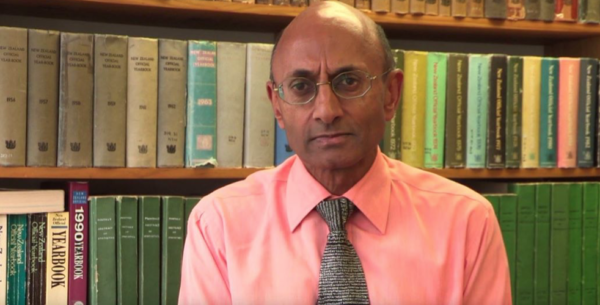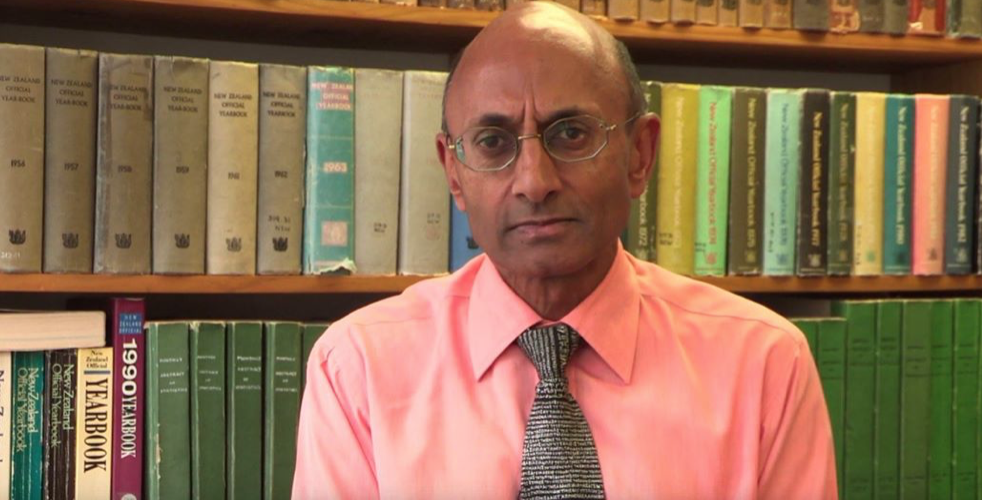
Just prior to the People’s Budget Event we recorded in Otahuhu last Friday I interviewed Ganesh Nana who is the Chief Economist of Business Economic Research Ltd (BERL) . I asked him 4 questions related to the “Wellbeing Budget” and our economic direction.
His answers are not what you will hear from any party in our current parliament because they all support what he calls the ” business as usual model” . In other words Neoliberalism. The idea if the rich are allowed to become even richer by not taxing their wealth then somehow we will all be better off
You can find the interview here:
Please also watch the The People’s Budget when you have a moment.
We need a lot more views if we are to make a business case to potential funders so we can run more of them on topics such as Water Rights and Euthanasia
You can find The People’s Budget Debate on NZPTV here:
Bryan Bruce is one of NZs most respected documentary makers and public intellectuals who has tirelessly exposed NZs neoliberal economic settings as the main cause for social issues.



Bryan you have not included the link to ganesh’s interview.
Geoff, yes, the link has been included. Scroll back and you will see it, under the photo of Ganesh Nana. Click on the words ‘you can find the interview here.’
Well what do you expect he is an economist of course he would support the status quo he is part of this establishment. Economics is bit one part of our economy.
Michelle, why don’t you watch the interview, before making uninformed comments?
If an “economist” didn’t support the BAU status quo suicide pact, then he would be out of work.
Economists have no credentials to usefully influence changes needed.
Business NZ has repeatedly blocked both NACT and Labour’s pathetic attempts to greenwash climate mitigation policy.
Nana, nana, nana, without variation.
Most “economists” called to comment publicly pump out the same old shit Bus NZ wants you to believe ……….. successfully.
Inequality is what their aim with the lion’s share kept locked into the transnational investor pocket.
John W, You obviously haven’t actually watched the interview, either!
Comments are closed.